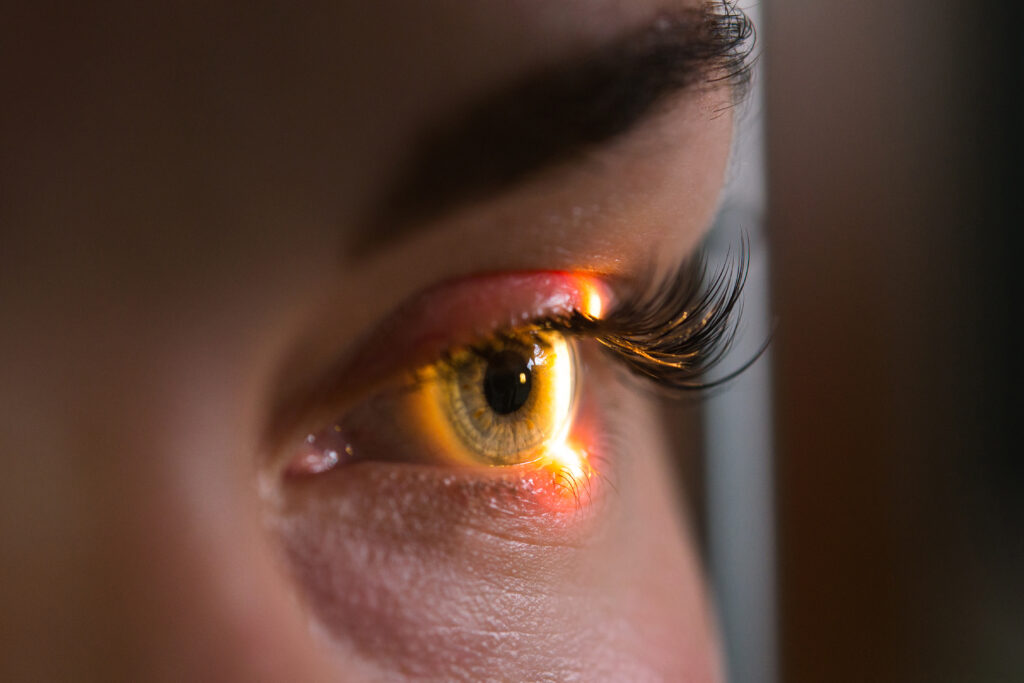
Depression is commonly treated with antidepressants. Antidepressants can lessen symptoms, but they won’t cure depression. For some people, taking the first antidepressant they try works. However, if it does not alleviate your symptoms or causes unpleasant side effects, you may need to try a different medication. In other words, do not give up on your dreams. Most people can find an antidepressant that works for them, and there are many options. It’s also possible to try a combination of medications in some cases.
Finding the right antidepressant
Antidepressants are available in a variety of forms, each of which has its own unique effects and side effects. When prescribing an antidepressant, your doctor may take into account the following factors:
- What you’re experiencing now. One antidepressant may relieve some symptoms better than another, depending on the patient’s condition. There are many antidepressants out there that can help you sleep, such as those that are mildly sedated.
- Consequences that could arise. Antidepressant side effects can differ from one medication to the next and from one person to another. It can be difficult to stick with a treatment plan if you experience unpleasant side effects like dry mouth, weight gain, or changes in your sexual function. Discuss with your doctor or pharmacist any potential major side effects you may experience.
- A close relative’s experience with it. A medication’s effectiveness for a first-degree relative, such as a parent or sibling, can help you decide if it’s right for you. Also, if an antidepressant worked well for you in the past, it may do the same this time around as well.
- As a result of interactions with other medicines, Some antidepressants can interact with other medications in dangerous ways.
- Breastfeeding or being pregnant. The decision to take antidepressants while pregnant or breastfeeding is based on the trade-off between the risks and benefits of doing so. Pregnant women who take antidepressants have a lower than average risk of having a child with birth defects or other health issues. Although some antidepressants, such as paroxetine (Paxil, Pexeva), should be avoided during pregnancy, there are exceptions. The best way to deal with your depression while you’re pregnant is to work with your doctor.
- Various other medical issues. If you have a mental or physical health condition, some antidepressants may have negative side effects. On the other hand, some antidepressants may also be useful in the treatment of a variety of other health issues. When it comes to anxiety, venlafaxine (Effexor XR) and bupropion (Alprazolam) can be helpful. Duloxetine (Cymbalta) can be used to treat pain or fibromyalgia symptoms, and amitriptyline can be used to prevent migraines.
- Health care costs and insurance policies. It’s important to inquire if a generic version is available and discuss its efficacy before taking an antidepressant. Find out if antidepressants are covered by your health insurance and if there are any restrictions on which ones are covered.
Types of antidepressants
Many neurotransmitters, including serotonin, norepinephrine, and dopamine, have been linked to depression. Specifically, these chemicals are linked to the condition (DOE-puh-meen). Neurotransmitters, also known as chemical messengers, play an important role in the communication between brain cells, and many antidepressants affect these neurotransmitters. Each antidepressant has a slightly different effect on these neurotransmitters. The following antidepressant medications can be used to treat depression:
- A class of antidepressants known as selective serotonin reuptake inhibition (SSRIs). SSRIs are a common first-line treatment for depression. While other antidepressants can cause problems at higher therapeutic doses, these medications generally have fewer unpleasant side effects. Serotonin reuptake inhibitors (SSRIs) consist of the drugs paroxetine (Paxil) and escitalopram (Celexa) as well as sertraline (Zoloft) and fluoxetine (Prozac) (Lexapro).
- Reuptake inhibitors for serotonin and norepinephrine (SNRIs). Cymbalta, effexor xr, desvenlafaxine, and pramipexole are all examples of SNRI medications, as are duloxetine and levomilnacipran (Fetzima).
- Antidepressants that aren’t typically prescribed. None of the other antidepressant classes seem to apply to these medications. Trazodone, mirtazapine (Remeron), vortioxetine (Trintellix), vilazodone (Viibryd), and bupropion are among the most commonly prescribed antidepressants in this category (Wellbutrin SR, Wellbutrin XL, others). There are few antidepressants as effective as bupropion that aren’t also associated with unwanted sexual side effects.
- Antidepressants that contain tricyclic antidepressants. Newer antidepressants have fewer side effects than tricyclic antidepressants like imipramine, nortriptyline (Pamelor), amitriptyline, doxepin, and desipramine (Norpramin). It’s not uncommon to see tricyclic antidepressants prescribed only after other antidepressants have failed to help.
- inhibiting monoamine oxidases (MAOIs). When other medications haven’t worked, doctors may prescribe MAOIs like tranylcypromine (Parnate), phenelzine (Nardil), and isocarboxazid (Marplan) because of their potentially severe side effects. MAOIs can cause dangerous interactions with certain foods and medications, such as pain medications, decongestants, and some herbal supplements. A strict diet is required while taking an MAOI. Patch-applied selegiline (Emsam), an MAOI, may have fewer side effects than other MAOIs. SSRIs can’t be taken with these medications.
Delray Beach Psychiatry; Antidepressants
Taking the step to seek help for your depression can be a tough a one, Delray Beach Psychiatry in Florida is here to make that process easier and help you find a medication or treatment plan that works best for you.

